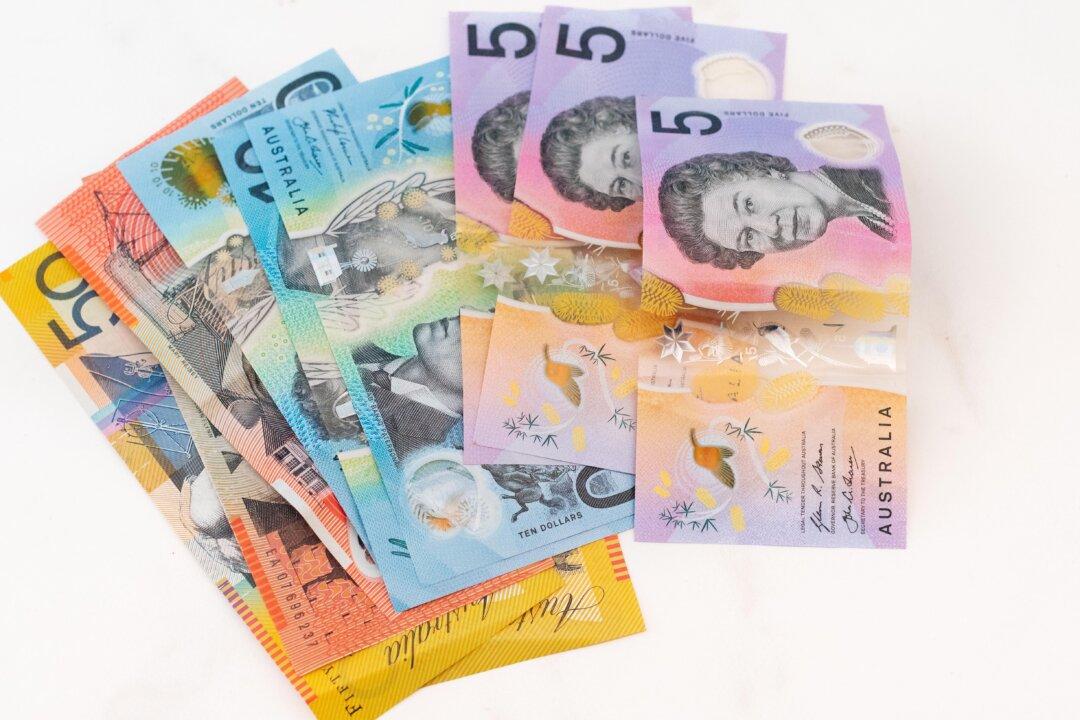Australian couples with children earning mid-range or high incomes would be the biggest winners from tax changes in the latest federal budget, according to new modelling.
Five metropolitan electorates based in Sydney will also receive the greatest overall benefit when the staged reforms are complete.





